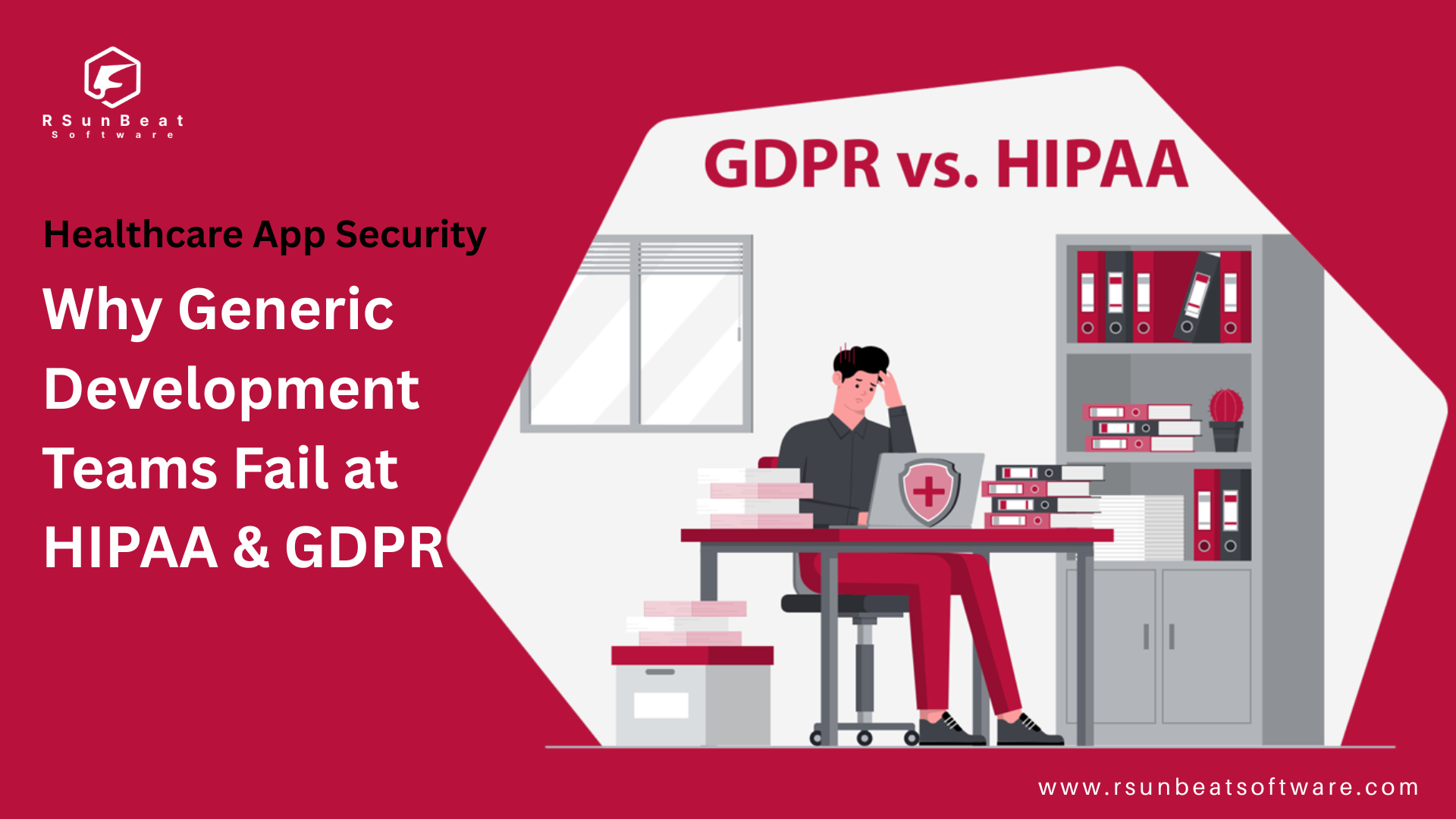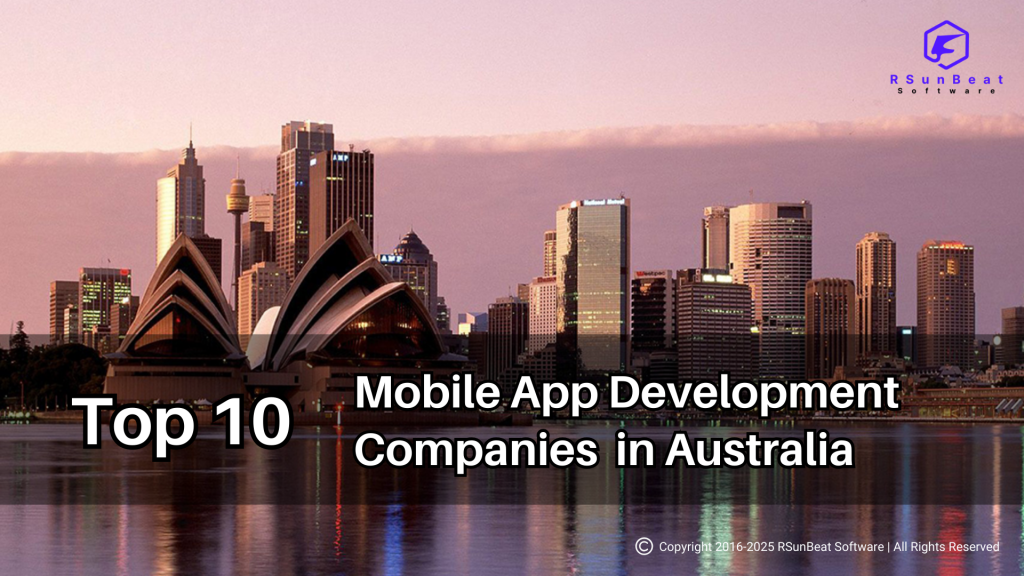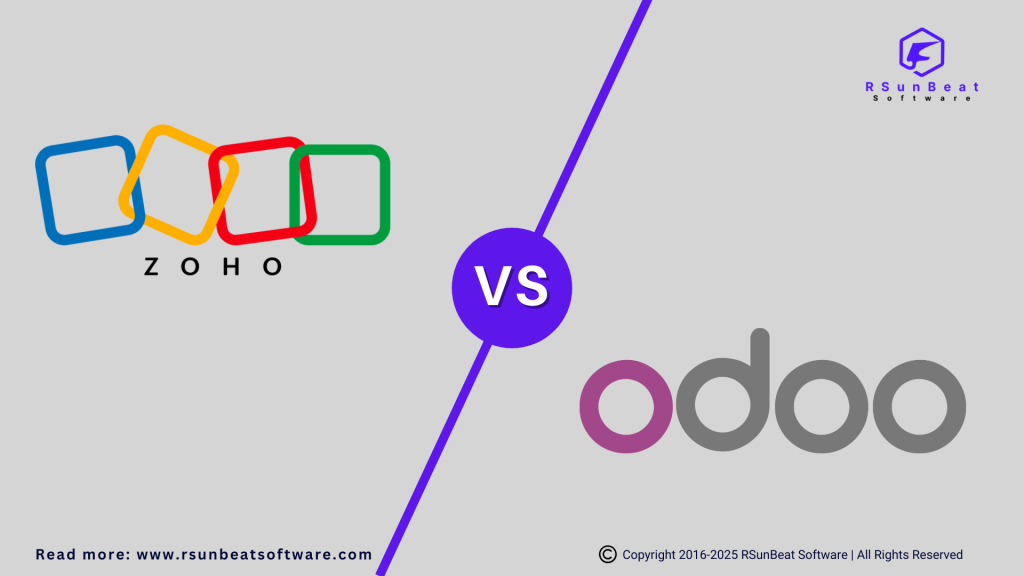
Healthcare App Security: Why Generic Development Teams Fail at HIPAA & GDPR
The rise of digital healthcare solutions has transformed the way patients and providers interact, offering convenience and efficiency. However, with this innovation comes the responsibility of safeguarding sensitive patient data. Healthcare apps are subject to strict regulations such as the Health Insurance Portability and Accountability Act (HIPAA) in the U.S. and the General Data Protection Regulation (GDPR) in the EU. While these regulations are designed to protect sensitive information, building an app that complies with them requires specialized expertise. Unfortunately, many generic development teams fall short in meeting these critical standards.
This guide explores the complexities of healthcare app security, why generic development teams often fail at ensuring compliance with HIPAA and GDPR, and how to build a secure, compliant, and user-friendly app with a specialized partner like RSunBeat Software.
The Importance of Healthcare App Security
Healthcare apps handle sensitive patient information such as medical histories, test results, and personal identification details. Breaches in this data can lead to severe consequences, including legal penalties, loss of trust, and financial damages. Regulatory frameworks like HIPAA and GDPR set strict requirements for data protection to mitigate these risks.
Key Aspects of Healthcare App Security
-
Data Encryption: Ensures sensitive information is protected during storage and transmission.
-
Access Control: Limits data access to authorized personnel only.
-
Audit Trails: Maintains logs of all data access and changes for accountability.
-
Breach Notification: Requires timely reporting of security incidents to authorities and affected individuals.
Why Generic Development Teams Fail at HIPAA & GDPR Compliance
Lack of Expertise in Healthcare Regulations
Generic development teams often lack in-depth knowledge of healthcare-specific regulations. Compliance with HIPAA and GDPR requires understanding complex requirements such as:
-
Patient consent and data processing protocols
-
Security safeguards for electronic Protected Health Information (ePHI)
-
Data subject rights under GDPR
Inadequate Security Measures
Many development teams prioritize functionality and user experience over robust security measures. Common pitfalls include:
-
Weak or absent encryption protocols
-
Insecure authentication mechanisms
-
Poorly configured cloud services
Mismanagement of Third-Party Integrations
Healthcare apps frequently rely on third-party APIs for services like payment processing, telemedicine, and analytics. Generic teams often fail to vet these integrations for compliance, exposing apps to vulnerabilities.
Insufficient Testing
Comprehensive testing is crucial for identifying vulnerabilities. Generic teams may lack the tools and expertise needed for rigorous testing, leading to undetected flaws that compromise security and compliance.
Building a HIPAA & GDPR-Compliant Healthcare App: A Step-by-Step Guide
Step 1: Understand Regulatory Requirements
Start by familiarizing yourself with the specific requirements of HIPAA and GDPR. Key areas include:
-
Data privacy and security standards
-
Rights of patients and data subjects
-
Reporting and documentation requirements
Step 2: Conduct a Risk Assessment
Identify potential risks related to data storage, transmission, and access. Use frameworks like NIST or ISO 27001 to guide your assessment and prioritize areas requiring immediate attention.
Step 3: Choose the Right Tech Stack
Selecting a secure and scalable tech stack is critical for compliance. Consider the following components:
| Component | Recommended Options |
|---|---|
| Frontend Frameworks | React Native, Flutter |
| Backend Frameworks | Node.js, Django |
| Database Management | PostgreSQL, MongoDB |
| Cloud Hosting | AWS HIPAA-Eligible Services, Azure |
Step 4: Implement Robust Security Measures
Ensure the app adheres to security best practices, including:
-
Encryption: Use AES-256 for data at rest and TLS 1.2+ for data in transit.
-
Authentication: Enable multi-factor authentication (MFA) and role-based access control (RBAC).
-
Monitoring: Deploy intrusion detection systems and maintain detailed audit logs.
Step 5: Test Extensively
Conduct multiple rounds of testing to identify and resolve vulnerabilities:
-
Functional Testing: Ensures all features work as intended.
-
Security Testing: Includes penetration testing and vulnerability assessments.
-
Compliance Testing: Verifies adherence to HIPAA and GDPR requirements.
Step 6: Develop a Breach Notification Plan
Prepare a clear plan for notifying authorities and affected individuals in case of a data breach. Ensure the plan complies with HIPAA and GDPR timelines and requirements.
Step 7: Partner with Experts
Given the complexities of healthcare app security, partnering with a team experienced in HIPAA and GDPR compliance can save time, reduce risks, and ensure a successful outcome. RSunBeat Software specializes in healthcare app development, offering end-to-end solutions tailored to your needs.
Common Challenges and How to Overcome Them
Challenge 1: Balancing Security and Usability
-
Solution: Invest in intuitive UI/UX design and conduct user testing to ensure the app remains user-friendly while meeting security standards.
Challenge 2: Keeping Up with Regulatory Changes
-
Solution: Work with legal and compliance experts to stay informed about updates to HIPAA and GDPR requirements.
Challenge 3: Managing Costs
-
Solution: Plan budgets carefully and prioritize essential features to avoid unnecessary expenses.
The Cost of Non-Compliance
Failing to comply with HIPAA and GDPR can lead to severe penalties, including:
| Violation | HIPAA Penalty | GDPR Penalty |
| Lack of Encryption | Up to $50,000 per violation | Up to €10 million or 2% of revenue |
| Failure to Report Breach | Up to $1.5 million per year | Up to €20 million or 4% of revenue |
| Unauthorized Data Access | Up to $1.5 million per violation | Based on severity and negligence |
Why RSunBeat Software is the Right Partner for Healthcare Apps
At RSunBeat Software, we understand the unique challenges of healthcare app development. Here’s how we ensure success:
-
Expertise in Compliance: Our team has extensive experience navigating HIPAA and GDPR requirements.
-
Secure Development Practices: We prioritize security at every stage of development.
-
Custom Solutions: We tailor apps to meet your specific needs and goals.
-
Ongoing Support: From updates to compliance monitoring, we’re with you every step of the way.
Take the First Step Towards a Secure Healthcare App
Building a secure and compliant healthcare app is a challenging yet rewarding endeavor. By avoiding generic development teams and partnering with experts like RSunBeat Software, you can deliver a solution that meets the highest standards of security and functionality.
Contact RSunBeat Software today to discuss your project and start building a healthcare app that protects patient data, complies with regulations, and stands out in the market.
Testimonials ~
What Our Clients
Are Saying
Your trust drives our passion. Here’s how we’ve helped businesses like yours thrive with tailored solutions and unmatched support.

Hussein Termos
CEO
“RSunBeat Software is a top-tier web development company for the real estate industry. They delivered a user-friendly, customized platform that met our needs perfectly. Their innovative solutions, on-time delivery, and excellent support made the process seamless. Highly recommended for exceptional development services!”

James Carten
Founder & CEO
“Before working with RSunBeat Software, our real estate business faced issues with unreliable mobile apps, poor user experiences, and missed deadlines. RSunBeat delivered a seamless, high-performing app with excellent functionality, intuitive design, and timely execution, transforming our operations. Their expertise and dedication make them a trusted partner.”

Darla Shewmaker
VP of Marketing
“RSunBeat Software developed a great, user-friendly mobile app that exceeded our expectations. The team was extremely professional, kept us updated throughout the process and completed the work on time. Their expertise and dedication made the whole project seamless. We highly recommend RSunBeat for their great work and reliability!”

Nicholas Toh
Project Manager
“RSunBeat Software delivered an amazing web and app development experience. Their team was highly professional, detail-oriented, and dedicated to bringing our vision to life. The final product was seamless, user-friendly, and exceeded our expectations. We highly recommend them for top-notch development services!”
Our Technology Experts
Are Change Catalysts
Mail to Our Sales Department
info@rsunbeatsoftware.com
Our Skype Id
Rsunbeat Software


